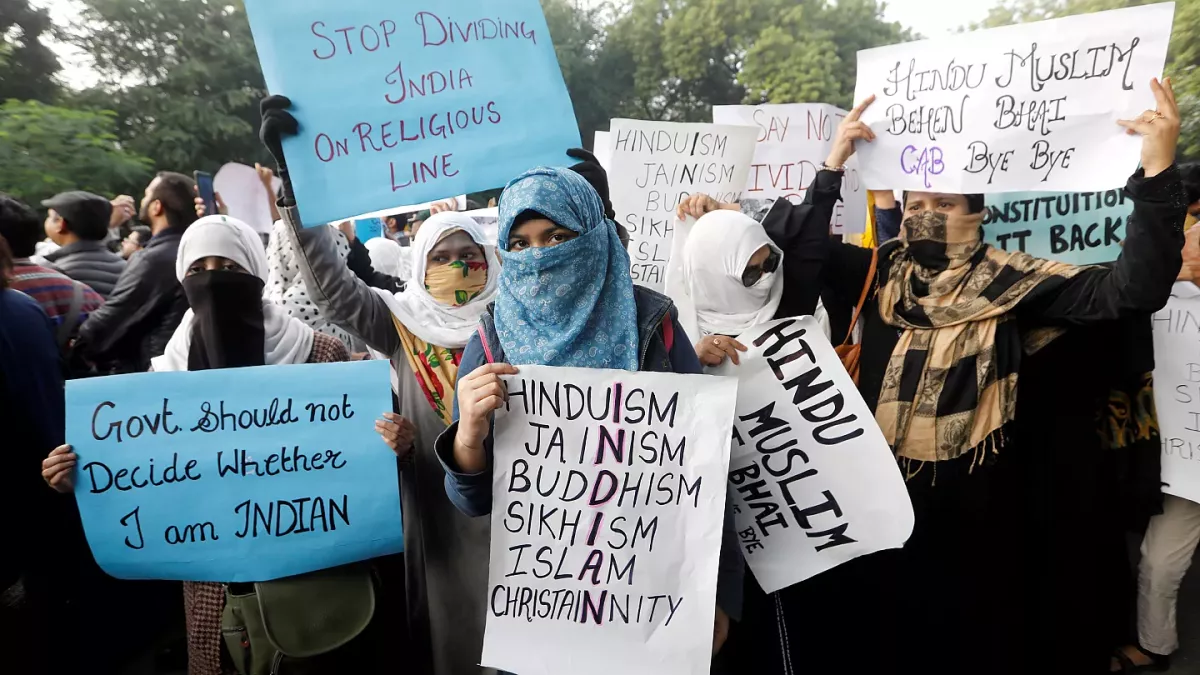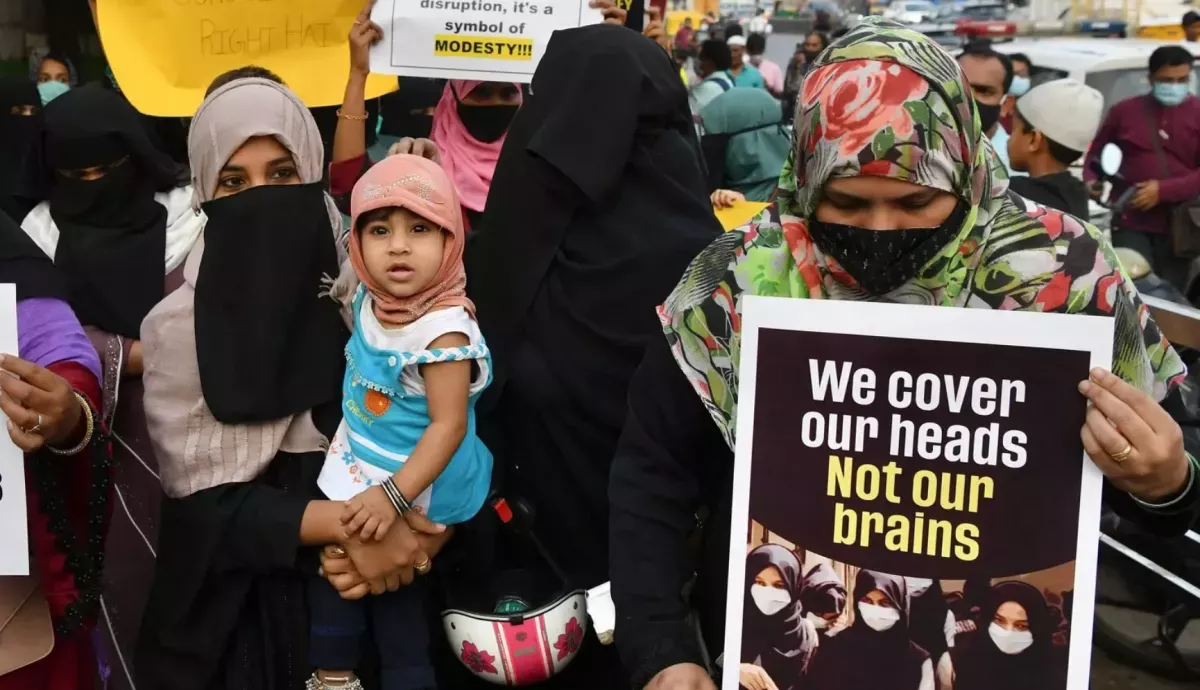Bulldozing homes, forced deportations: Modi's government targets Indian Muslims Article by Clarion India
Clarion India has published an article covering the serious human rights concerns over targeted actions against Indian Muslims. Caliber.Az reprints the piece in its entirety.
“Assam continues to witness severe actions against its Muslim community as the state government carries out aggressive deportation measures, bulldozing homes and targeting families under the pretext of alleged infiltration. On Friday [September 12 – ed.], 39 Muslims from the Karimganj district were forcibly pushed into Bangladesh by Assam Police.
Chief Minister Himanta Biswa Sarma publicly acknowledged the action on social media, stating, ‘Early on Friday morning, 39 illegal intruders were sent back to Bangladesh from Sribhumi sector. We will trace every illegal intruder and send them back to their real country. Assam is not a place for you to flourish and increase your population.’
These actions have intensified fears among the local Muslim community, which believes that such measures are being implemented solely on the basis of religion. Human rights advocates and citizens have voiced their concerns over the growing discrimination.
‘It is shocking to see entire families, including women and children, being pushed out without proper investigation or hearing,’ said Ayesha Rahman, a resident of Karimganj. ‘This is not just a violation of rights but a clear act of targeting our community.’

The chief minister has claimed that these measures aim to control illegal infiltration, asserting that around 30,000 people have already been sent back across the border in recent months. According to reports, weekly deportations range from 35 to 140 people. However, official government records indicate that only 466 Bangladeshi nationals have been officially expelled, accepted by Bangladesh itself.
‘The government’s justification of illegal infiltration seems selective,’ stated human rights lawyer Imran Siddiqui. ‘Bengali-speaking Hindus who arrived before 1971 are reportedly not being targeted. This raises serious questions about religious bias in the enforcement of laws.”’
Alongside deportations, the Assam government has recently resumed using the 1950 law, which grants District Collectors the authority to demand proof of citizenship based on mere suspicion. Failure to provide proof can lead to deportation. This has created widespread anxiety among the Muslim population in Assam.
‘The new law only increases fear among ordinary Muslim families,’ said community leader Farhan Akhtar. ‘People feel unsafe in their own homes and worry that any arbitrary suspicion could lead to expulsion.’
The bulldozing of homes and forced deportations, often carried out without hearings or legal procedures, has sparked national and international concern. Many citizens argue that the state’s actions compromise the principles of justice and human rights.

‘We are watching a situation where thousands of innocent citizens are treated as criminals simply because of their faith,’said social activist Nusrat Jahan. ‘This is a moment for India to uphold its constitutional values and protect its vulnerable communities.’
As the Himanta Biswa Sarma government continues its hardline measures, the plight of Indian Muslims in Assam remains precarious. The ongoing deportations, combined with the threat of arbitrary enforcement of outdated laws, highlight the urgent need for attention from human rights bodies and the central government.
‘Our community is living in constant fear,’ said resident Shabnam Begum. ‘We are citizens of India, yet we feel like strangers in our own homes.’
With tens of thousands reportedly affected, Assam’s policies have drawn sharp criticism for disproportionately targeting Muslims while leaving other communities largely unaffected. The situation underscores the growing vulnerability of minorities in parts of India, raising pressing questions about equality, justice, and protection under the law,” the article reads.








